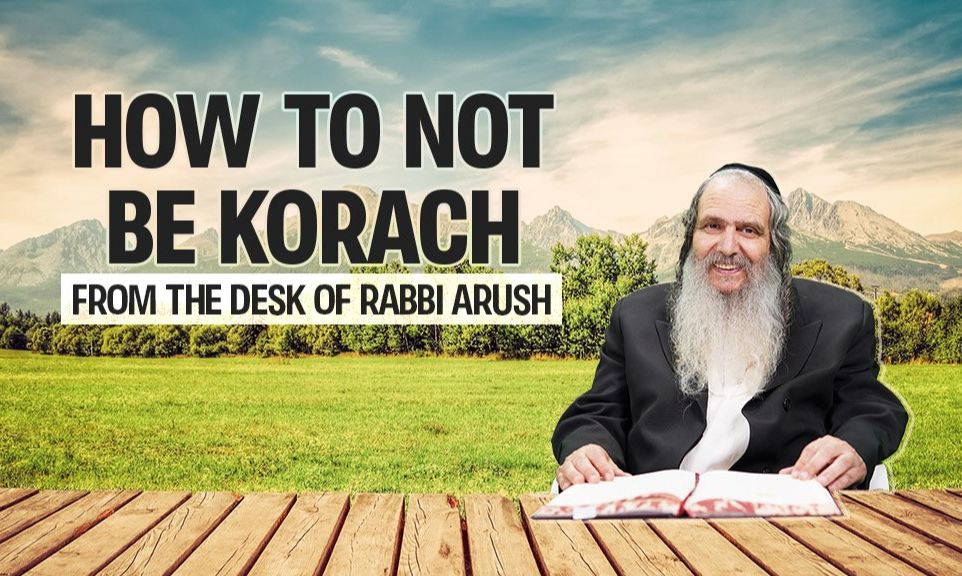
How to Not be Korach
How could a leading stage of the generation be so wrong? He knew Torah inside out and was able to convince 250 sages of the Sanhedrin to rebel against Moshe. What happened, and how can we avoid making the same fatal mistake?

Translated from Rabbi Arush’s feature article in the weekly Chut shel Chessed newsletter. The articles focus on his main message: “Loving others as yourself” and emuna.
Careful – Ruach Hakodesh (Holy Spirit)!
Even a great person who has ruach hakodesh can make mistakes! Chazal teach us that, and they say that Korach saw in his ruach hakodesh a great line of descendants coming from him – including Shmuel Hanavi, who is considered to be of equal importance to Moshe and Aharon. What Korach saw was true – it was ruach hakodesh, after all. But his conclusion was wrong and distorted! He concluded that if such a line is to come from him, that means, apparently, that he himself was very great, and so he set out to defy Moshe and Aharon, thus actually defying the Shechinah (Divine Spirit) and becoming a min, a heretic, as Chazal say.
I could say jokingly that Terach, Avraham Avinu’s father, also saw through spiritual vision that Avraham and the entire Jewish people would come from him, and came to the conclusion that he, Terach, was the ultimate spiritual authority, and that is why he was the “pope” of the Nimrod kingdom and led both the rebellion against Hashem and the entire idol production of the generation…
But the simple and true moral to take from Chazal is that one should stick to the truth, to belief in Hashem and in Moshe, His servant; to run away from discord at any price; to always pray to Hashem that He will show us how to fulfill our true roles and obligations in this world; to not be confused by anything, even if it seems to be based on strong, logical notions, and coming from high-level spirituality or from ruach hakodesh.
A Direct Continuation of the Sin of the Spies
Korach was wrong not only in the matter of ruach hakodesh. He was also wrong about his lamdanut (learnedness). Rabbi Nachman explains a basic point: Perfect tzaddikim have two traits – they are both tzaddikim (righteous people) and lamdanim (scholars). To be a laden is to have the trait of scholarship and knowledge and understanding of the holy Torah, all of which are supremely important. But they are not the main thing. The main thing is righteousness. And the tzidkut (righteousness) lies in the observance of the Torah, the observance of the mitzvot in actuality, and the acquisition of the foundation of all the mitzvot, which is emuna (faith), as it says: “All Your mitzvot are emuna.” A perfect tzaddik lives emuna, works on it, prays a lot, lives the reality that “there is nothing besides Him,” and this emuna gives him all the good traits, as we explained at length in the book The Garden of Emuna. It is from the emuna and his tzidkut that he gets true lamdanut – learnedness.
Rabbi Nachman warns us sharply not to make the lamdanut the main thing, because someone who is “only learned is nothing, because one can be learned and a complete rasha (evil person),” says Rabbi Nachman. Accordingly, Rabbi Natan, Rabbi Nachman’s great disciple, explains Korach’s flaw. Korach separated the trait of tzidkut from the trait of lamdanut! He thought that the main thing is the scholarship, and that scholarship is valuable in itself, even if it isn’t connected to righteousness!
This is an almost direct continuation of the Sin of the Spies, who chose daat and belittled emuna, as we wrote at length last week. They didn’t understand that to acquire the Torah wholly is possible only through tzidkut, observing the Torah and complete faith! And that is why they spoke dismissively about the Land of Israel and slandered it, as it is completely emuna. If they would have believed in Hashem, and entered the Land of Israel with simple faith, they would have acquired sechel ruchani (spiritual intellect) and complete daat (understanding).
Lamdanut Blinds
So too regarding Korach, who was a big lamdan, and like all Jews heard Hashem at Mount Sinai, and therefore claimed “all the assembly, all of them are holy” – there are no differences! He denied the great differences between people and the great difference between the tzaddik and the rest of the people – his tzidkut. When it comes to lamdanut it could be that a person who is not on a high level of tzidkut is greater than the tzaddik in the realm of lamdanut, and despite that he must submit to the tzaddik, because one must not separate between lamdanut and tzidkut.
Even more so, one can make very severe mistakes in lamdanut, and therefore one must pray before studying not to make mistakes in halacha. But the tzaddik, who prays at length and begs “Guide me in Your truth” is protected by Hashem from any stumbling block and mistake. Only someone whose fear of sin supersedes his wisdom merits having his wisdom endure.
Belief in the tzaddik is itself tzidkut. Because belief in sages is the foundation of emuna and of Torah. But having faith, unfortunately, is less exciting, less attractive, and less sparkling. It does not provide the person with as much honor and pride. A person who gives deep discourses and makes novel statements and asks good questions – that seems to shine more and is viewed by the world as more important. People are impressed by learnedness, and that is why it blinds us and can be misleading.
But a simple Jew who thanks Hashem for everything, and prays at length to his Creator, and strengthens his faith in face of what he must go through, a Jew who thinks only of Hashem and his heart is clean of any hatred or resentment – he is not applauded by people around him. At best, he is viewed as a good person, a simple Jew, and at worst, he is not taken seriously, and therefore people in general do not make the effort to reach such a level of tzidkut.
Not a Waste of Time
This flaw of Korach belongs to all of us. It is easier for all of us to appreciate and admire study, and less so righteousness. And therefore all of us have to do teshuva on Korach’s flaw and well embed in our minds and hearts Rabbi Nachman’s statement that the main thing is tzidkut: to believe in Hashem, to study emuna, to pray as much as we can, to thank Hashem for the good and the bad, to perfect our character traits, to do much good to others, to spread emuna, to bring people closer to Hashem.
This means, practically speaking, that along with our setting aside time for Torah learning, we should be setting aside time for emuna as well: learn it, do hitbodedut, teach emuna. We should view the study of emuna and acquiring it as the most basic foundation, because it is connected with tzidkut. We should not see it, chalila, as a waste of time, or bitul Torah (wasting time that should have been devoted to Torah study), chas vechalila. No – it is only in the merit of emuna and thanks to it that we can acquire the real Torah, the true Torah, the spiritual Torah; only thus can we aim for the truth, distance ourselves from disagreements and connect to all of Am Yisrael (the Jewish people).
The great and famous tzaddikim in the last few generations, who were big lamdanim and were great in Torah – their main greatness was their tzidkut. Who could be greater than the Chafetz Chaim who wrote deep books about halacha on almost every topic in the Torah, and is considered the greatest halachic authority in the later generations? But in fact, there were people in the Chafetz Chaim’s generation who were as learned as he was, but why is he more famous than them? Because of his renowned tzidkut.
All the great scholars of the Chafetz Chaim’s time knew that complete tzidkut could be found only in him, and they respected him very much and revered him, even though they were more learned than him. Every sick person and any sufferer knew that if he wished to be saved from his suffering, he should go to the Chafetz Chaim, because he was a tzaddik who can “decree, and the Holy One, Blessed Be He, upholds [the decree].”
What is Good for the Chafetz Chaim – is Good for You Too
It is known that the Chafetz Chaim would devote much more than an hour every day to hitbodedut and cheshbon nefesh (taking account of his life), and he did not consider that to be bitul Torah; even more so – thanks to that he achieved supreme tzidkut and merited to reach Torah-true rulings, and the Mishna Brura books that he wrote were received lovingly by all parts of the Jewish people, with no exception.
Therefore, how good it would be for all of us to walk in the ways of the Chafetz Chaim, and to value and appreciate the way of tzidkut, emuna, belief in sages, fear of Heaven, three prayers a day, hitbodedut, psalms said in the morning, singing to Hashem, thanking Hashem, Shabbat zemirot (songs), modesty, observing Torah and mitzvot with joy and enthusiasm, mitzvah of tzedakah (charity), ahavat Yisrael (loving other Jews), the good traits and avoidance of lashon hara (evil speech).
In the merit of tzidkut we will be able to be learned – in the right way. A holy learnedness that is coming from a clean heart and from sechel ruchani. We will merit to be Torah-true in our learning and to fulfill our mission and tikkun in this world.


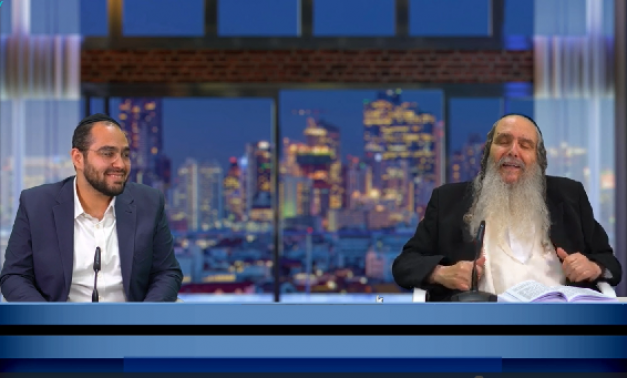
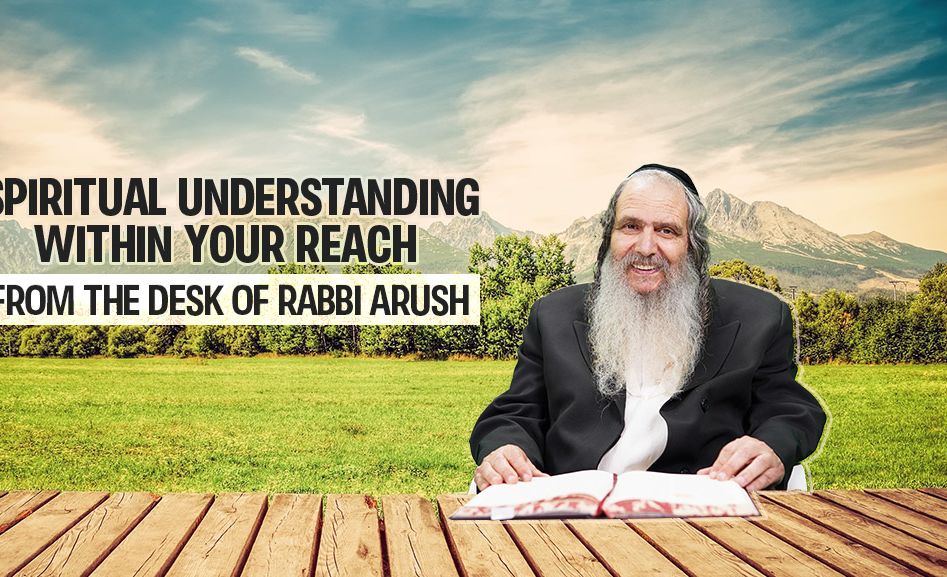
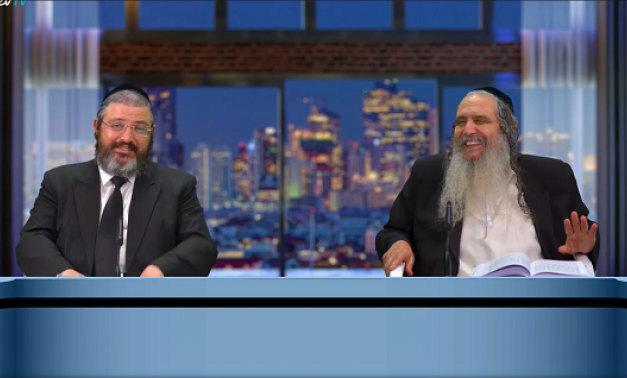
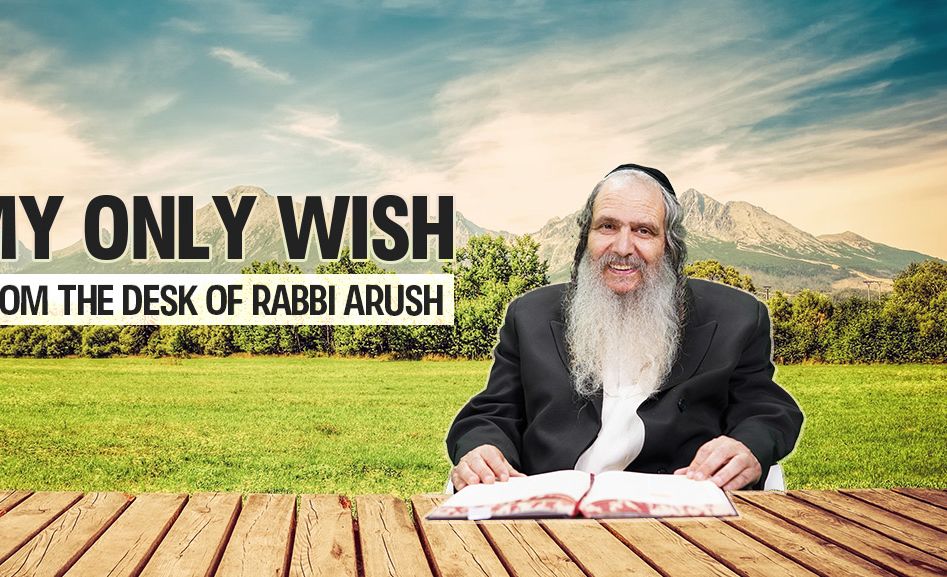

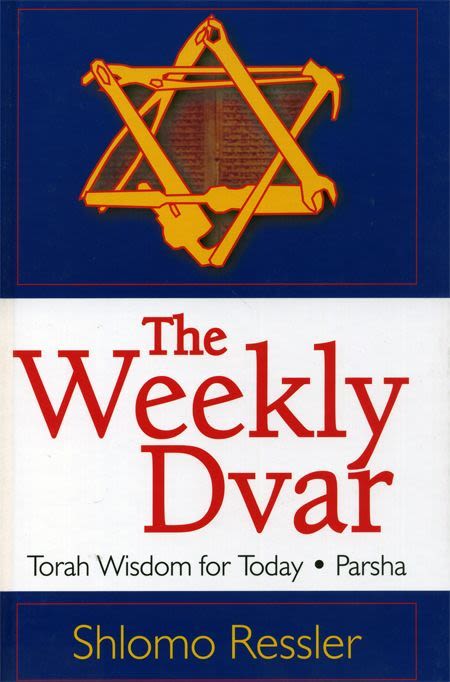
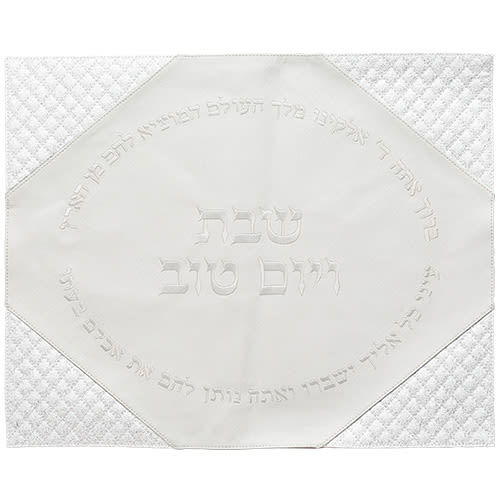
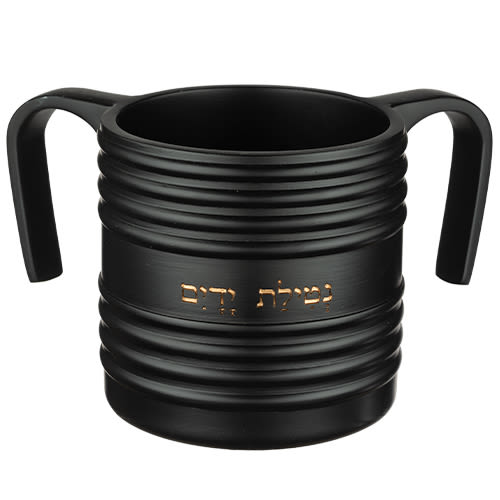
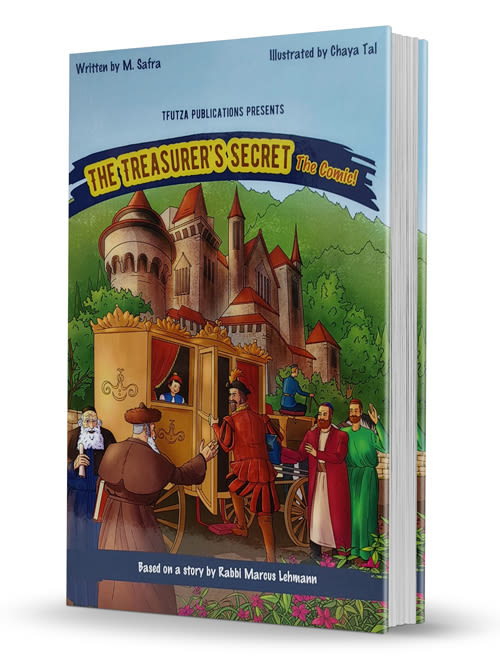

Tell us what you think!
Thank you for your comment!
It will be published after approval by the Editor.